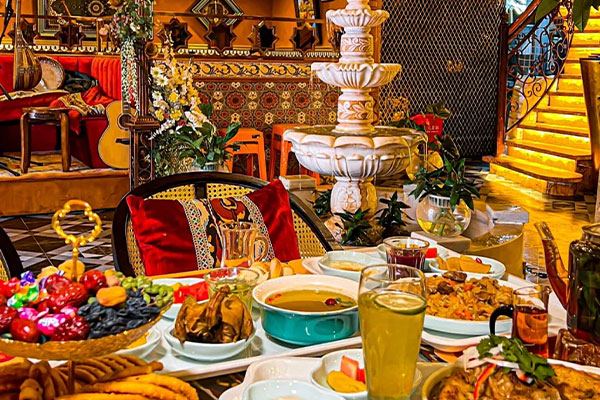Uyghur Ethnic Group - Eid al-Adha (Festival of Sacrifice)
Introduction
Eid al-Adha, also known as the Festival of Sacrifice, is one of the most important religious holidays for the Uyghur people and Muslims worldwide. It originates from Islamic tradition and commemorates the loyalty and devotion of the Prophet Ibrahim (Abraham) to Allah. During the festival, Muslims perform the ritual of animal sacrifice and distribute the meat to family, friends, and the needy, symbolizing sharing and charity.
Features
- Sacrificial Ritual: On the day of the festival, Muslim families slaughter sheep, cattle, or camels and divide the meat into three parts: one for themselves, one for relatives and friends, and one for the poor.
- Religious Activities: Muslims gather at mosques for collective prayers, listen to sermons by imams, and express gratitude and reverence to Allah.
- Family Gatherings: Eid al-Adha is a time for family reunions, with families preparing festive delicacies such as pilaf and roasted lamb together.
- Traditional Attire: People wear traditional Uyghur clothing to showcase the unique charm of their ethnic culture.
Ticket Prices
Eid al-Adha is a religious and traditional festival and generally does not charge an entrance fee. However, certain cultural activities or performances may have associated costs, depending on the event organizers.
Dates
The date of Eid al-Adha is determined by the Islamic calendar (Hijri calendar) and usually falls on the 10th day of the 12th month (Dhu al-Hijjah). Since the Islamic calendar is lunar-based, the Gregorian date of Eid al-Adha varies each year.
Transportation
- Self-Driving: If driving to Uyghur-inhabited areas, it is advisable to plan the route in advance and familiarize yourself with local traffic conditions.
- Public Transportation: Flights, trains, or long-distance buses can be taken to major cities in Xinjiang (such as Urumqi and Kashgar), followed by local public transportation to reach the destination.
Precautions
- Respect Customs: When participating in Eid al-Adha activities, respect the religious customs of the Uyghur people and Muslims, and avoid inappropriate behavior during the festival.
- Appropriate Attire: When entering mosques or participating in religious activities, dress modestly, and women may wear headscarves as a sign of respect.
- Environmental Awareness: Be mindful of environmental protection during the festivities, refrain from littering, and help preserve the local natural environment.
- Safety First: Due to large crowds during the festival, prioritize personal and property safety, and avoid crowded or hazardous areas.







